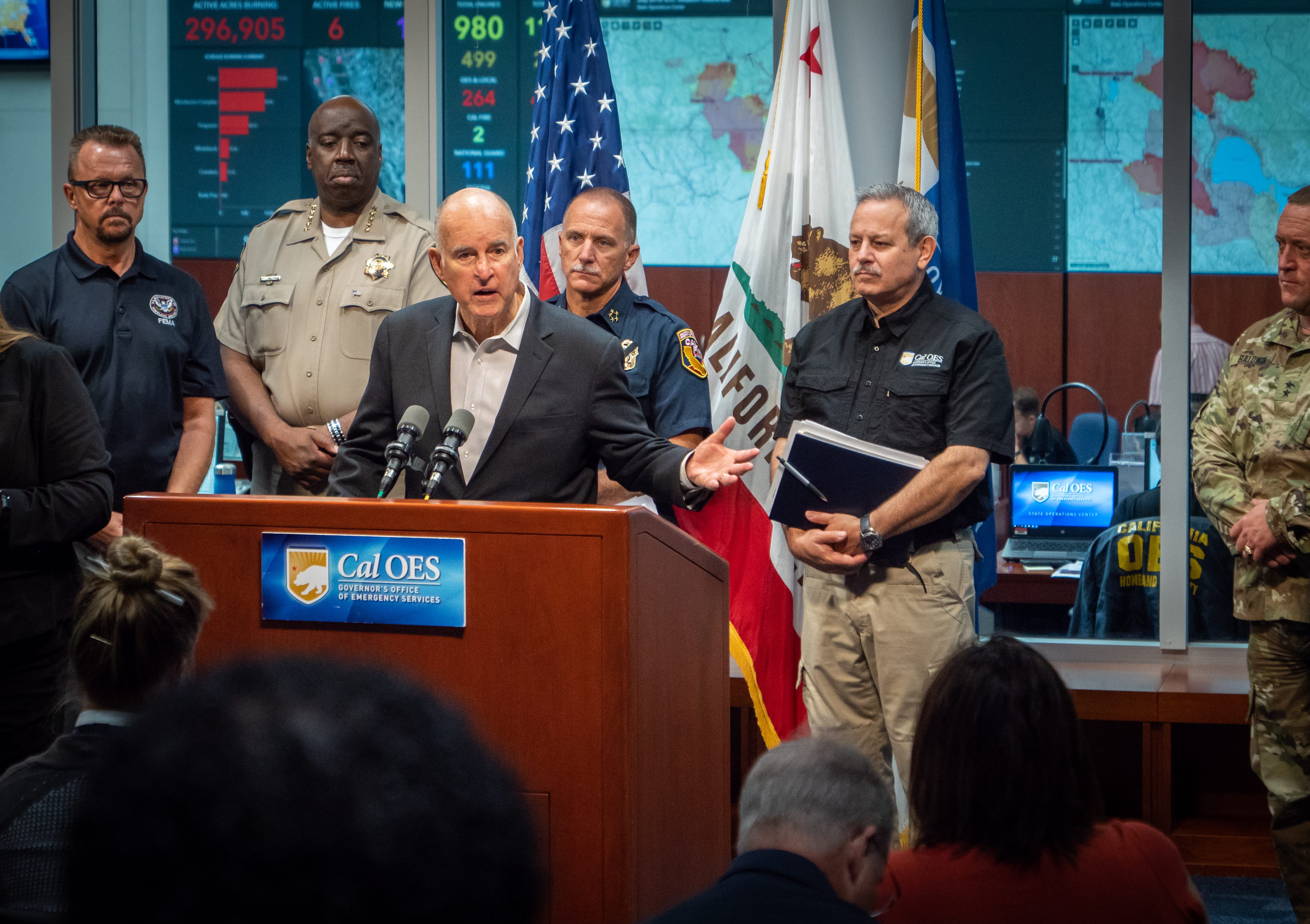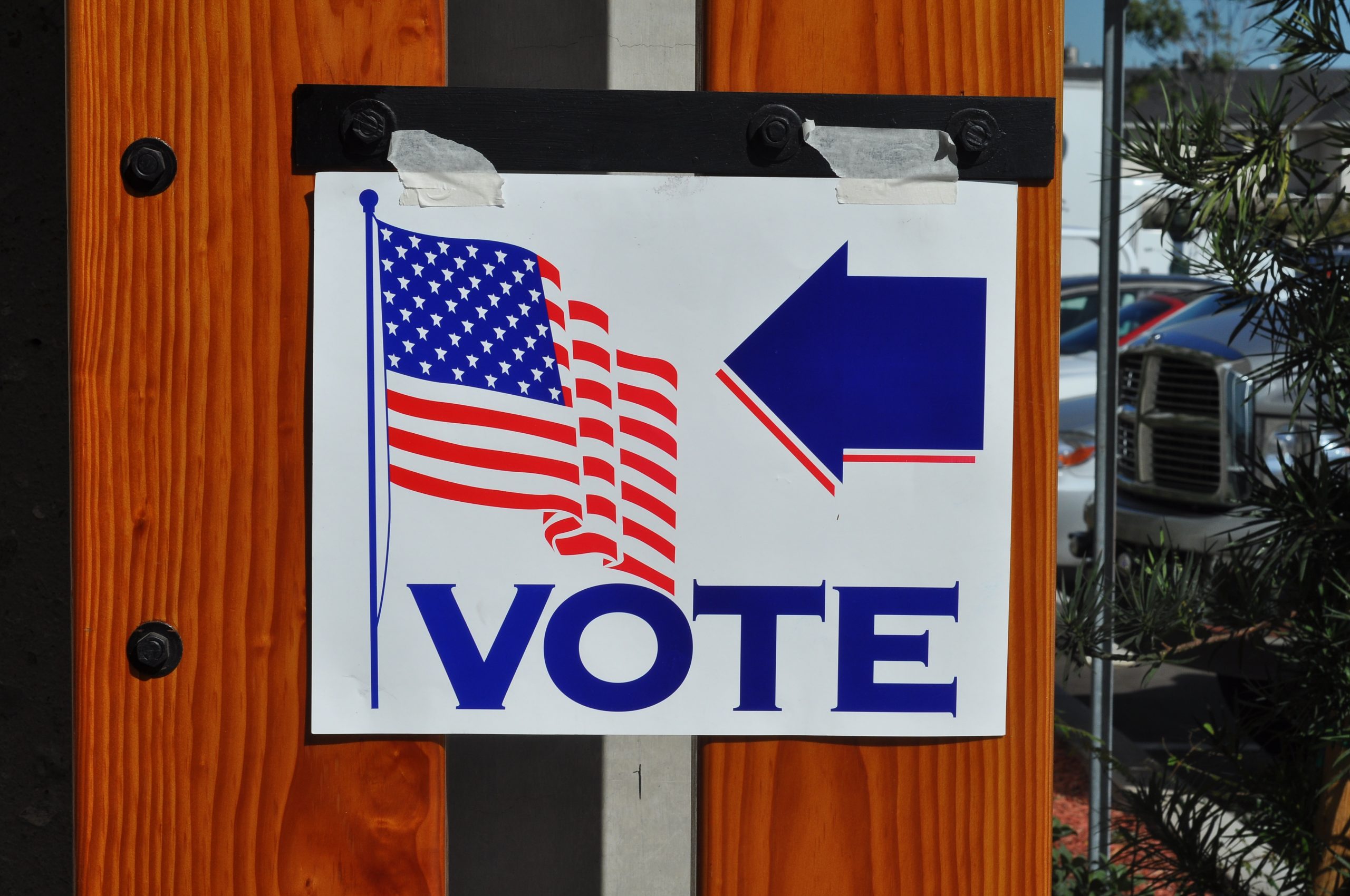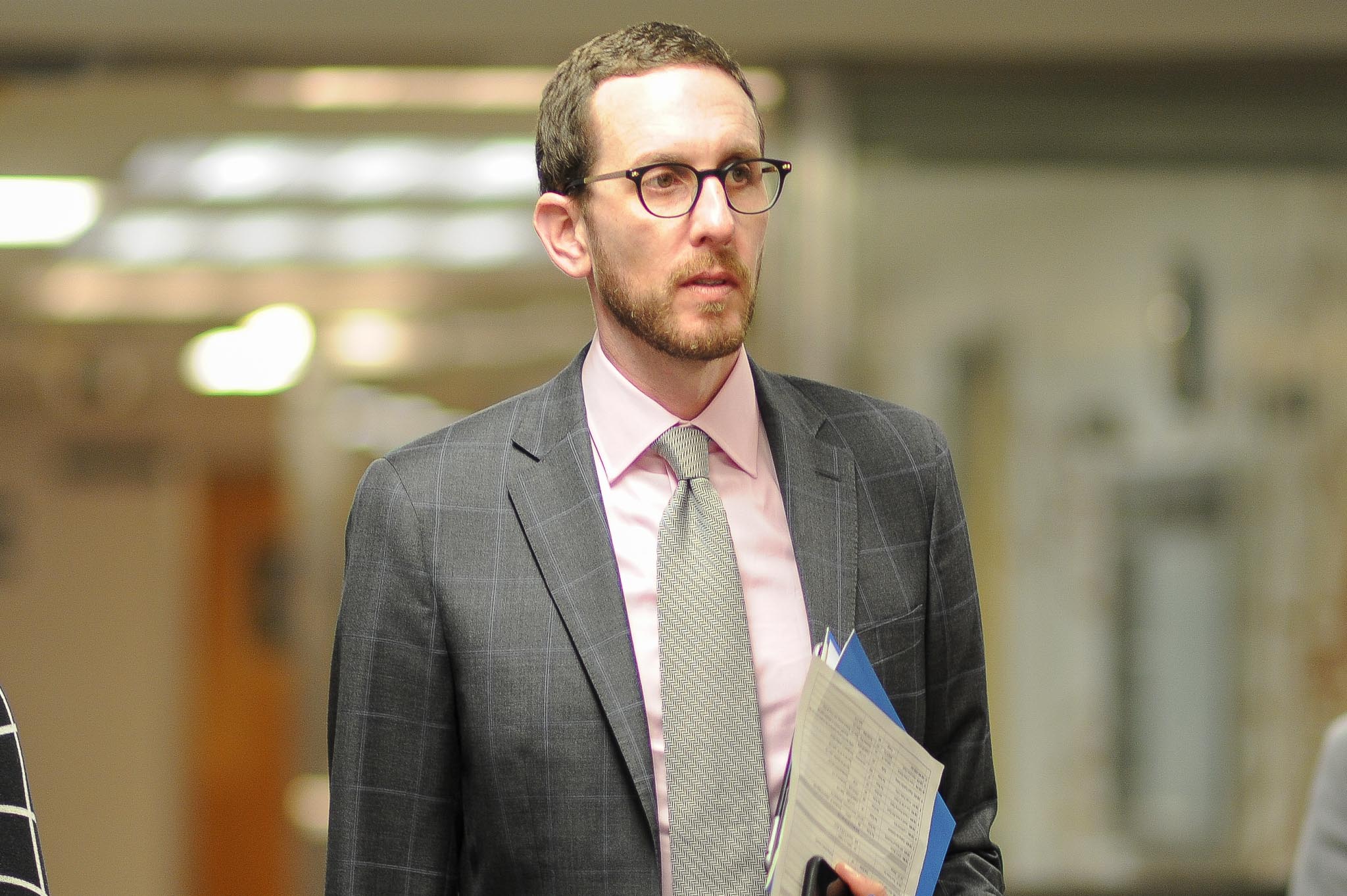
Proposed Ballot Initiatives Raise Corporate Taxes to Pay For Climate Change Mitigation
Electric vehicles remain too expensive for many Californians who are already dealing with the high cost of living
By Chris Micheli, November 16, 2021 2:22 am
Submitted to the California Attorney General in early November, two similar ballot measures (21-0037 and 21-0038) would address the reduction and mitigation of major sources of greenhouse gas emissions, paid for by major tax increases.
Both measures have the same title – Clean Cars and Clean Air Act – and provisions to address electric vehicles and forest fires primarily. The statement of purpose for both measures is “to reduce emissions from two of the state’s primary sources of greenhouse gases – transportation and wildfires – through public investments in electrification of California’s passenger vehicle fleet and improvements in the prevention and combat of wildfires.
Both measures also include the same nine findings and declarations, including that transportation remains California’s biggest source of the GHG emissions that cause climate change; electric vehicles remain too expensive for many Californians who are already dealing with the high cost of living in this state; California lacks the electric vehicle charging infrastructure needed to ensure Californians with electric vehicles have convenient access to affordable charging almost anywhere; investing in battery electric vehicle manufacturing and infrastructure in our state will create thousands of good-paying green jobs for skilled workers; climate change and wildfires are closely linked; and, this measure dedicates additional resources specifically to preventing future wildfires and to putting them out sooner.
In addition, both measures contain findings and declarations related to the tax increase provisions. Initiative 21-0037 states, “this measure requires an equitable contribution from corporations and the highest-income earners to fund a generational public investment towards meeting our climate change goals through a cleaner transportation sector and preventing wildfires.”
On the other hand, Initiative 21-0038 states, “But not everyone pays their fair share. Corporations use many loopholes and provisions of the tax code to avoid paying their fair share for public services in our state, requiring lower- and middle-income Californians to pay more to make up the difference. This measure closes corporate loopholes to fund a generational public investment towards meeting our climate change goals through a cleaner transportation sector and preventing wildfires.”
Regarding the tax increase provisions, Initiative 21-0037 would first add Section 17044 to Chapter 2 of Part 10 of Division 2 of the Revenue and Taxation Code. It would require, for tax years beginning January 1, 2023, an additional tax of 1.75% on a personal income taxpayer’s income in excess of $2 million.
In addition, it would add Section 23151.01 to Article 2 of Chapter 2 of Part 11 of Division 2 of the Revenue and Taxation Code. It would require, for tax years beginning January 1, 2023, every corporation, as well as every bank and financial corporation, doing business in this state to pay an additional tax of 2.16% on its prior year net income, but only apply to corporations with more than $10 million in net income.
On the other hand, Initiative 21-0038 would add Article 3 to Chapter 17 of Part 11 of Division 2 to the Revenue and Taxation Code, which would be titled “Worldwide Combined Reporting.” It would require, for tax years beginning January 1, 2023, corporations to use the worldwide combined reporting method, including income from within and outside of California to including their worldwide affiliates and subsidiaries that are unitary. It would also require the Franchise Tax Board to develop a “unitary enterprise” test, including two listed factors and ensure that the unitary regulations meet three specified requirements.
Thereafter, in both initiatives, the Director of Finance would be required to annually calculate the additional revenues the State of California received during the prior fiscal year due to the worldwide combined reporting method. Then, the Controller would transfer that amount from the General Fund to the newly-created Clean Cars and Clean Air Trust fund.
These two proposed initiatives await a title and summary by the Attorney General, and then the proponents can begin collecting signatures with the goal of qualifying one of these measures for the November 2022 statewide ballot.
- Regulating Sales of Franchises - February 11, 2026
- What Is a ‘Loophole’ in California Tax Laws? - February 10, 2026
- Ecological Reserves - February 10, 2026





Yeah, let’s use the Climate Change mantra to extort more money from corporations (do these buffoons know that small businesses are incorporated and also operate as LLCs???) to pay for pie-in-the-sky “green fraud.” We don’t have enough businesses leaving the state yet, so let’s double down on failure by the one-party fascists running the state, and let’s send out the rest of the tax base to more business-friendly states. HELL NO!!!!
Trigger phrase ” fair share” – any time we see that phrase, there are usually Communist economic principles underlying it and this is the case here…
The same cabal that wants everyone vaccinated, wants the electrification of all transportation, while simultaneously pushing for a fantasyland of wind & solar power sources….
Add it all up and you have economic destruction, and the Chinese willing to step in and mop it all up for pennies on the dollar… taken over without a shot being fired, due to our lack of critical thinking skills…
Wake up Californians, we’re being PLAYED for suckers… #Resist
Here’s an idea. Why don’t you take aways the billions of dollars in tax breaks to the wealthy entertainment industry, and use that money. The entertainment industry is not paying its “fair share”.
Accountants are smarter than the barbarian hordes running this state. Within the last two months two companies that I know of are moving corporate offices out of state. One in particular will probably stop doing business with the state departments within the next five years.